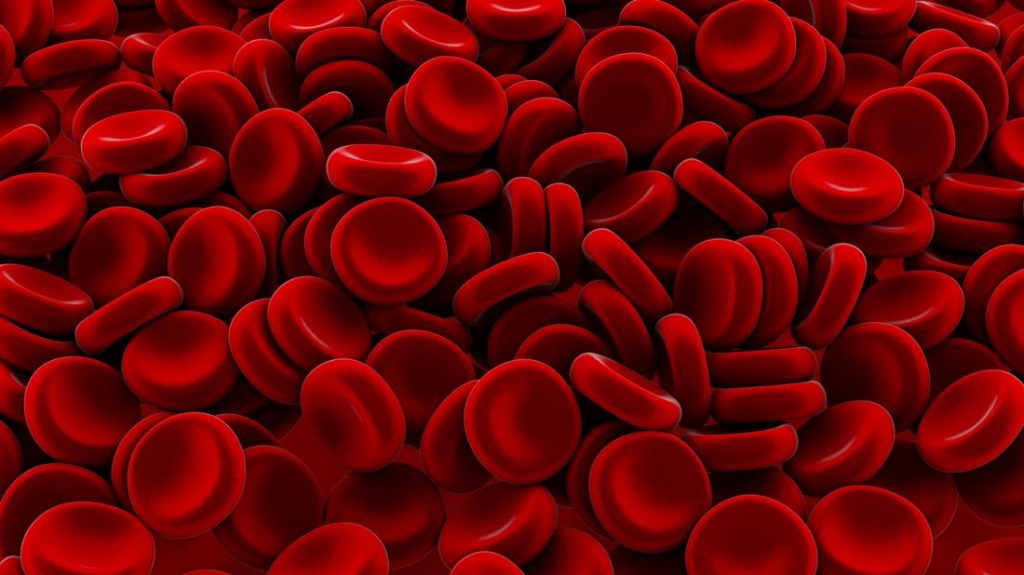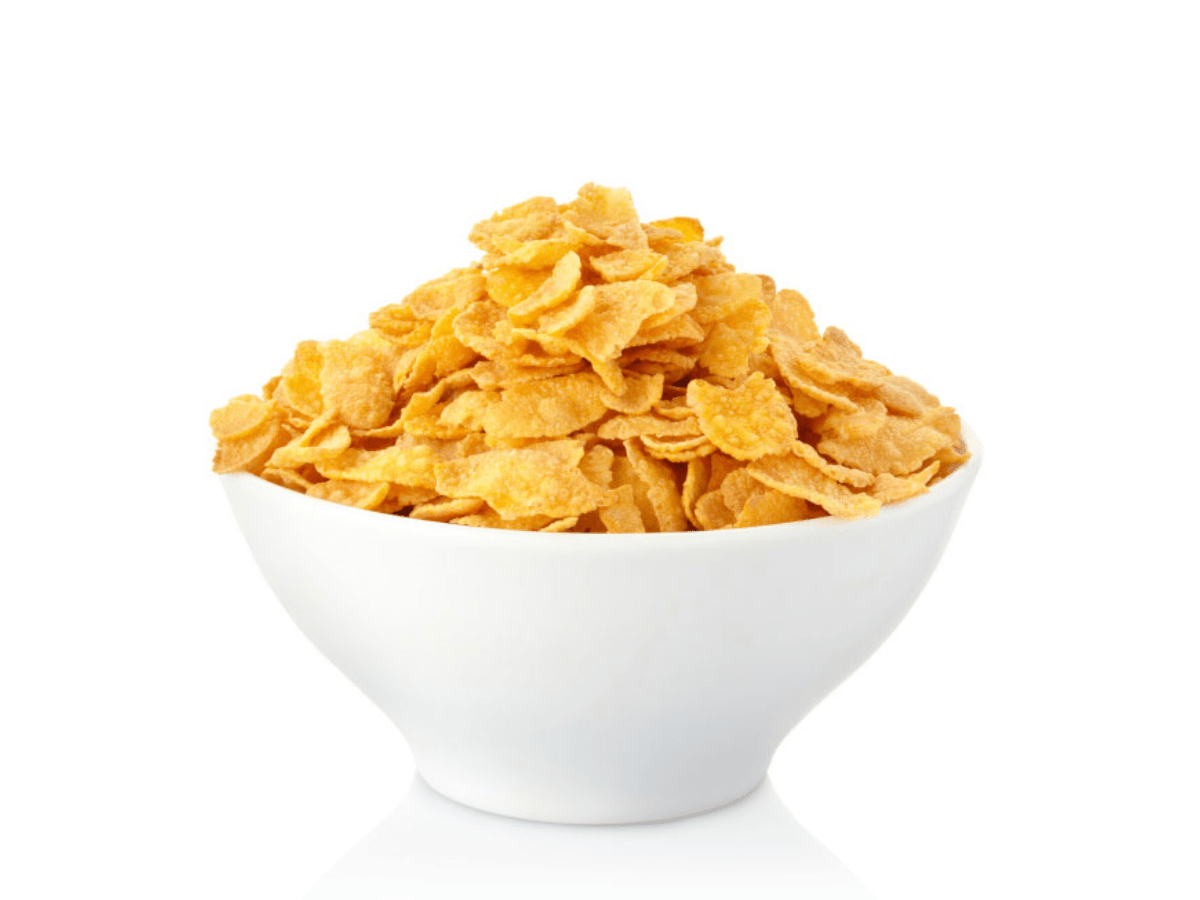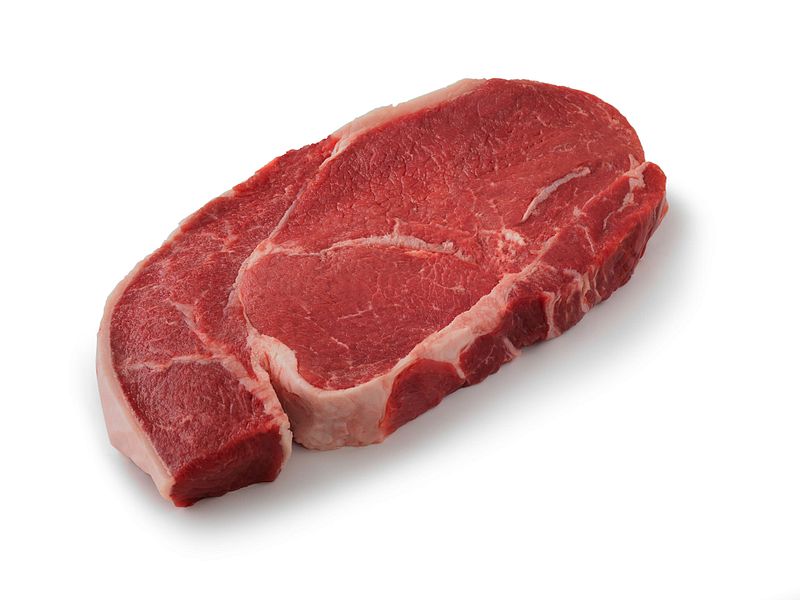What is Vitamin B12
Vitamin B12 (cobalamin) is a water-soluble vitamin found naturally in some foods, added to others and available as a dietary supplement and as a prescription drug. Vitamin B12 is required for the development, myelination and function of the central nervous system, the healthy formation of red blood cells and the synthesis of DNA. Vitamin B12 acts as a cofactor for two enzymes, which are involved in 100 different mechanisms and processes involving DNA, RNA, proteins and lipids.
Properties & Benefits of Vitamin B12 in our body:

Nervous system protection
Vitamin B12 works protectively for our nervous system as its deficiency leads to reduced production of neurotransmitters, myelin damage or increased levels of HCY and methylmalonic acid. Some of the neurological disorders associated with vitamin B12 deficiency are spinal cord sclerosis, polyneuritis, neuropathy, myelopathy, optic nerve atrophy and reduced cognitive function.

Protection against anemia
Erythropoiesis is the process by which new red blood cells are produced. These new erythrocytes replace the older erythrocytes (usually about 1%) that are phagocytosed and destroyed every day. Folic acid, vitamin B12 and iron play critical roles in red blood cell production. Erythroblasts require folic acid and vitamin B12 for proliferation during their differentiation and their deficiency causes anemia from ineffective redness.

DNA Protection
Vitamin B12 is important for DNA synthesis and ensures the structural stability of important regions of chromosomes. It plays a critical role in DNA methylation, which is particularly important during embryogenesis and carcinogenesis. Low nutritional intake of B12 results in correspondingly low serum levels, which cause alterations in DNA synthesis. Thus, B12 deficiency can lead to DNA damage. Dietary B12 can affect epigenetic mechanisms by regulating the methylation state of DNA. Therefore, it can help protect against chronic diseases and serve as a basis for new treatment regimens.

Protection against metabolic disorders
The effect of low B12 on the pathogenesis of several metabolic disorders such as obesity, insulin resistance, diabetes, and cardiovascular disease, has been studied at the preclinical and clinical levels. Clinically, low B12 in children, adolescents, and pregnant mothers has been associated with higher obesity and lipids, as well as an increased risk of insulin resistance, diabetes, and cardiovascular disease. Babies born to mothers with low B12 levels through poor maternal programming appear to have high-fat accumulation and insulin levels at birth, which may predispose them to a higher risk of developing cardiovascular disorders later in life.
How much Vitamin B12 do we need per day?
According to the National Institutes of Health, the recommended daily allowance of vitamin B12 depends on age.

| Age | Daily Intake |
|---|---|
| 0-6 months | 0.4 mcg |
| 7-12 months | 0.5 mcg |
| 1-3 years | 0.9 mcg |
| 4-8 years | 1.2 mcg |
| 9-13 years | 1.8 mcg |
| 14 + | 2.4 mcg |
Food Sources of Vitamin B12
Plant Origin

1/4 cup yeast (2 tablespoons)
17 mcg * | 60 calories
* Vitamin B12 content from 8-24 mcg depending on the brand

100 gr tempe | 1 mcg | 192 calories

1 serving 30 g fortified breakfast cereals *
0.63 mg | 115 calories
* Content of a well-known brand of corn flakes. Vitamin B12 varies on each type of cereal, you will need to check the nutrition facts table of the product
Animal Origin

12 medium sea urchins cooked (85g)
97 mcg | 126 calories

140 g tuna in water, 1 can
2.88 mcg | 90 calories

85 g grilled beef steak
2.4 mcg | 179 calories

250 ml milk (1 glass)
1.25 mcg | 105 calories

1 yogurt 2% (200 g)
1.2 mcg | 140 calories

2 large boiled eggs (100g)
1.11 mcg | 155 calories

100 gr cottage cheese (1/2 cup)
0.4 mcg | 155 calories
Vitamin B12 deficiency symptoms
- Fatigue and Weakness
- Megaloblastic anemia
- Pale Skin
- Palpitations
- Loss of appetite
- Weight Loss
- Ιnfertility
- Numbness, tingling in hands & feet
- Loss of Balance
- Depression and Confusion
- Dementia & Poor memory
- Pain in the mouth and tongue
Our bodies store 1,000 to 2,000 times more vitamin B12 than we would normally eat in a day, so the symptoms of vitamin B12 deficiency can take several years to appear.
If you have a vitamin B12 deficiency, you may feel tired or weak. These are symptoms of megaloblastic anemia, which is a hallmark of vitamin B12 deficiency. You may also have pale skin, palpitations, loss of appetite, weight loss and infertility.
Your hands and feet may numb or tingle, a sign of nerve problems. Other symptoms of vitamin B12 deficiency include balance problems, depression, confusion, dementia, poor memory and pain in the mouth or tongue.
In infants, signs of vitamin B12 deficiency include stunted growth, delayed achievement of typical developmental milestones, and megaloblastic anemia.
Vitamin B12 deficiency can damage the nervous system even in people who do not have megaloblastic anemia, so it is important to treat the deficiency as soon as possible.
The safest way to see if we have vitamin B12 deficiency is with a simple blood test.

Who is at risk for vitamin B12 deficiency?

The following groups are more likely to be deficient in vitamin B12:
- Elderly
- People with gastrointestinal problems
- Individuals who have recently undergone gastrointestinal surgery
- Patients with anemia
- Vegetarians & Vegans
- Infants breastfed by a vegetarian/vegan mother
Vitamin B12 is safe in large quantities and it is very easy for vegetarians or vegans and the elderly to get the necessary vitamin B12 from dietary supplements which are usually quite economical. Most multivitamins contain 100% of the vitamin B12 we need.
Maximum Intake of Vitamin B12
Experts have not set a Maximum Daily Intake (UL) for Vitamin B12 due to its low probability of toxicity. Even in large doses, vitamin B12 is generally considered safe because the body does not store excessive amounts.
Sources & References
- Vitamin Β12 Health Professionals Fact Sheet - USA National Institute of Health
- Reynolds E. Vitamin B12, folic acid, and the nervous system. Lancet Neurol. 2006
- Koury MJ, Ponka P. New insights into erythropoiesis: the roles of folate, vitamin B12, and iron. Annu Rev Nutr. 2004;
- Boachie J, Adaikalakoteswari A, Samavat J, Saravanan P. Low Vitamin B12 and Lipid Metabolism: Evidence from Pre-Clinical and Clinical Studies. Nutrients. 2020;12(7):1925. Published 2020 Jun 29
